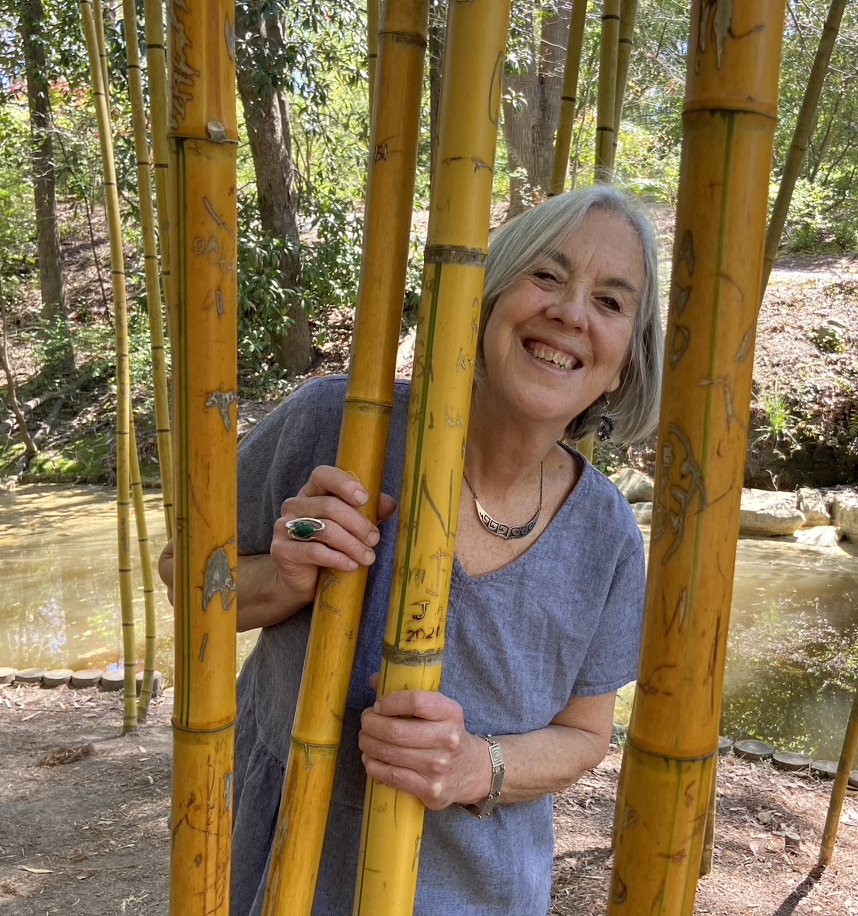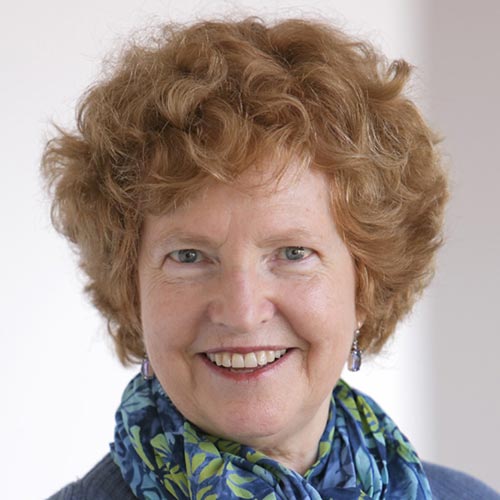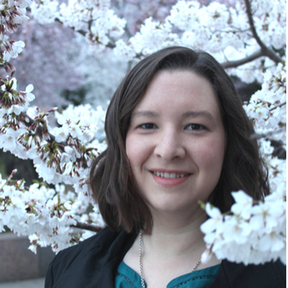This program is being offered on Zoom. To register, please click the RSVP button above or email programs@smithcenter.org.

with Liz Lescault
“Cultivating Hope” as an offering looks to bring more joy and optimism into our lives. During the session we will share some of our hopes and dreams and explore some ways of capturing moments of pleasure and enjoyment in our lives.
We will engage meditation, movement, visualization and sharing our stories as ways to help us embrace hope and optimism.
Suggested Donation: $15

About Liz Lescault

Liz Lescault is a visual artist who has practiced and taught art for over 40 years. Liz is also Coordinator of the DC InterPlay Open Gathering, a group she founded, which serves the Metro Region. She is a certified InterPlay leader and a member of the DC InterPlay Board. She leads Open Gathering days for InterPlay DC and organizes and leads workshops regionally and nationally online and in person. Liz has been leading Art Lab both for Smith Center for Healing Arts for the past three years and led a program for the Phillips Collection.
Formerly, Liz, was a hotline crisis counselor, for various suicide prevention lifelines and the Trevor Project providing assistance for LGBTQ youth in crisis as well as the Prince Georges County Homeless Hotline.
Liz has also led InterPlay for elders with chronic illness and cognitive disabilities at Iona Senior Center in Washington DC.
Liz melds her art, teaching, guidance and personal philosophy with InterPlay wisdom, tools and forms.
B.S., Psychology, Drew University, Madison, NJ
M.Ed., University of Massachusetts at Amherst, British Techniques of Open Education
Studied watercolor at WICE, an international educational and cultural association in Paris, France
This program is being offered on Zoom. This session is currently full, in order to be added to the waitlist or to join the second offering of this program on April 29, please email programs@smithcenter.org.

with Liz Lescault
“Cultivating Hope” as an offering looks to bring more joy and optimism into our lives. During the session we will share some of our hopes and dreams and explore some ways of capturing moments of pleasure and enjoyment in our lives.
We will engage meditation, movement, visualization and sharing our stories as ways to help us embrace hope and optimism.
Suggested Donation: $15

About Liz Lescault

Liz Lescault is a visual artist who has practiced and taught art for over 40 years. Liz is also Coordinator of the DC InterPlay Open Gathering, a group she founded, which serves the Metro Region. She is a certified InterPlay leader and a member of the DC InterPlay Board. She leads Open Gathering days for InterPlay DC and organizes and leads workshops regionally and nationally online and in person. Liz has been leading Art Lab both for Smith Center for Healing Arts for the past three years and led a program for the Phillips Collection.
Formerly, Liz, was a hotline crisis counselor, for various suicide prevention lifelines and the Trevor Project providing assistance for LGBTQ youth in crisis as well as the Prince Georges County Homeless Hotline.
Liz has also led InterPlay for elders with chronic illness and cognitive disabilities at Iona Senior Center in Washington DC.
Liz melds her art, teaching, guidance and personal philosophy with InterPlay wisdom, tools and forms.
B.S., Psychology, Drew University, Madison, NJ
M.Ed., University of Massachusetts at Amherst, British Techniques of Open Education
Studied watercolor at WICE, an international educational and cultural association in Paris, France
This program is being offered in-person. In order to participate, register by clicking the RSVP button above or by emailing programs@smithcenter.org.
with Simone Banks Mackey (They/Them/Theirs)
Dive into the restorative benefits of essential oils. Craft body oil and scrub blends uniquely tailored to your essence. Family Friendly Program!
About Simone Banks Mackey
Since childhood, Simone Banks Mackey (They/Them/Theirs) has always been an eccentric being that had an insatiable passion for life and helping others. After attending undergraduate school to study multiple Studio Arts disciplines and nonprofit management they decided to continue community-centered work. Teaching preschool offered Simone the opportunity to creatively expose children to multiple forms of art. However, they realized the magnitude of how structural stability within the home affects both parents’ mental/emotional/physical wellbeing and the children’s cognitive development. Simone then decided to work with grassroots organization that provided families with tools to be self-sufficient. It was during this time Eccentric Whims was born. While creating and hosting programming to artistically teach parents and children, Simone realized how they could combine their passion for art with community uplifting. Eccentric Whims catapults love and healing into the world by using a multitude of traditional and nontraditional art forms to foster creative thinking and promote healing/wellness while building community. Through carefully crafted community events surrounding any range and of non/traditional art forms such as mixed media collages, decor/crafts, visual media, and movement Simone creates safe spaces for people to express themselves and/or learn. Art is universal and through Art, we can communicate, commune, and create a greater society.
In order to participate, register by clicking the RSVP button above or by emailing programs@smithcenter.org.

with Julia Rowland, Ph.D

Hearing the words, ‘there is no evidence of disease,’ may not be fully reassuring when cancer treatment ends. Worry that you may still have cancer (or develop it again!) can be overwhelming. Fear of cancer recurrence is the most common long-term effect of living with a history of cancer. If this is true for you, you are not alone. Come learn about the triggers of fear, and simple tools you can use to tame your own worry demon and reclaim your plans for the future. This program is offered in partnership with the Washington Cancer Institute at Medstar Washington Hospital Center.
About Julia H. Rowland, Ph.D.

Julia Rowland, PhD, who joined Smith Center in October 2017, comes to this position as a long-time clinician, researcher and teacher in the area of psychosocial aspects of cancer. She has worked with and conducted competitively funded research among both pediatric and adult cancer survivors and their families, and published broadly in psycho-oncology, including co-editing, along with Dr. Jimmie Holland, the ground-breaking text, Handbook of Psychooncology. She has also been a frequent speaker on cancer survivorship, or life after cancer, for both professional and lay audiences.
Julia received her PhD in Developmental Psychology from Columbia University and completed a post-doctoral fellowship at Memorial Sloan-Kettering Cancer Center in psychosocial oncology. While at MSKCC, where she held joint appointments in pediatrics and neurology, Julia helped to develop and was the first Director of the Post-Treatment Resource Program, one of the first non-medical survivorship care programs to be offered by a major cancer center in the U.S. In 1990 she moved with her husband and two young children to Washington, DC to become founding Director of the Psycho-Oncology Program at Georgetown University and the Lombardi Cancer Center. There she helped expand services to meet the psychosocial needs of cancer patients and families, launched some of the first quality of life clinical trials, and also introduced a program to enable first year medical students to learn the art of caring for those living through and beyond cancer from survivors themselves and Lombardi faculty. Nine years later, in September of 1999, she was recruited to the National Cancer Institute to become the first, full-time Director of the Office of Cancer Survivorship, a position in which she served for 18 years, championing the growth of survivorship research and care, before stepping down in September 2017 to assume her new role at Smith Center. Although new to the team, Julia is no stranger to Smith Center. She knew Smith Center’s founder, Barbara Smith Coleman, and has volunteered her expertise across the years as a speaker, group leader and staff member for both the 1-day and weeklong residential retreats. Julia brings to her new role a passion to translate what research has taught us about healing in the context of cancer to the broader community, in essence, taking the science of survivorship from the lab bench to the park bench.











